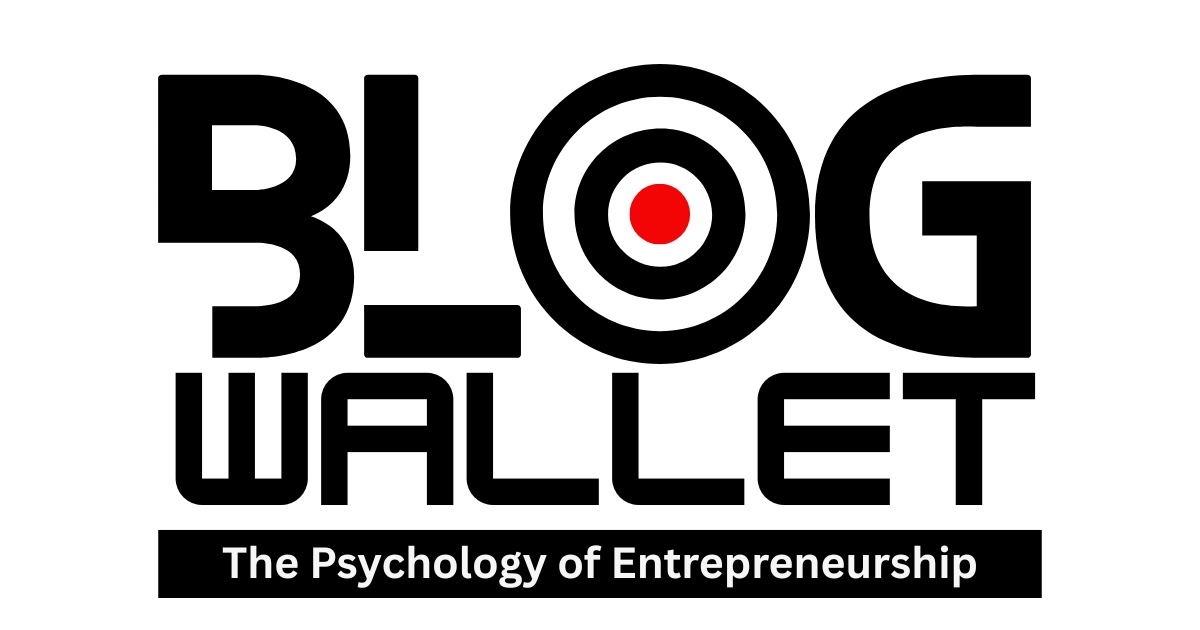Effective communication is the backbone of successful freelancing. Over the years, I’ve seen countless projects falter due to misunderstandings. The issue isn’t just the words we use — it’s the clarity and intent behind them. When you freelance, every interaction counts. Missteps can cost you time, money, and relationships.
1. Clarity Is Non-Negotiable
When you communicate with clients, precision is key. I’ve had clients walk away confused because I assumed my intent was clear. Always strive for unambiguous language. It’s better to over-explain than to leave room for interpretation.
2. Set Expectations Early
Right from the beginning, make sure both you and your client are on the same page. I’ve learned that vague timelines and unclear deliverables lead to frustration. Be explicit about what they can expect, and when.
3. Regular Updates Are Essential
Clients appreciate being kept in the loop. I’ve found that sending regular progress updates builds trust and keeps anxiety at bay. When clients know what’s happening, they’re less likely to micromanage.
4. Listen Actively
Communication is a two-way street. I’ve had clients express concerns that I initially dismissed, only to realize they were valid. Listening closely to feedback not only improves your work but also strengthens your relationship.
5. Be Honest About Limitations
Every freelancer has their limits. I’ve made the mistake of overpromising and underdelivering. It’s better to be upfront about what you can realistically achieve than to risk disappointing a client.
6. Use the Right Tools
In today’s digital age, tools for communication abound. I’ve seen projects run smoother with the right software in place. Whether it’s project management tools or simple messaging apps, choose what enhances clarity.
7. Tone Matters
Your tone can convey much more than the words themselves. I’ve had to adjust my communication style based on the client’s preferences. Make sure your tone matches the professional relationship you’re trying to build.
8. Document Everything
Written records protect both parties. I’ve learned that verbal agreements often lead to disputes later on. Always follow up conversations with an email summarizing what was discussed and agreed upon.
9. Address Issues Promptly
When problems arise, tackle them head-on. I’ve let issues fester only to have them blow up later. A timely conversation can prevent minor misunderstandings from becoming major conflicts.
10. Know When to Say No
Sometimes, a client’s request may not align with your expertise or availability. I’ve learned that saying no can be difficult but necessary. It’s better for both of you in the long run if you remain true to your capabilities.
11. Seek Feedback Actively
Encouraging feedback can foster a collaborative environment. I’ve often asked clients for their thoughts on my work and adjustments. This not only improves the project but also shows you value their input.
12. Maintain Professional Boundaries
Freelancing can blur the lines between personal and professional. I’ve seen relationships sour when boundaries aren’t respected. Stay professional in all dealings, and you’ll minimize unnecessary complications.
Bottom line: Clear communication is vital. Embrace these principles to enhance your freelancing career. Effective interaction can define your success and client satisfaction.




